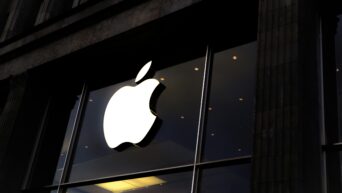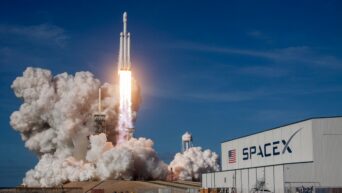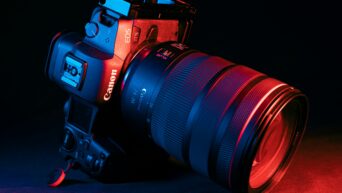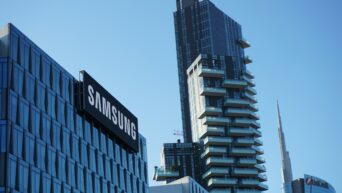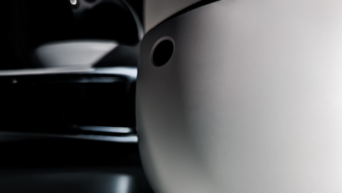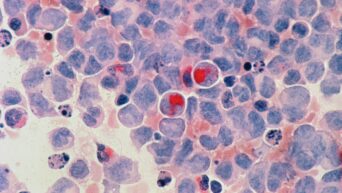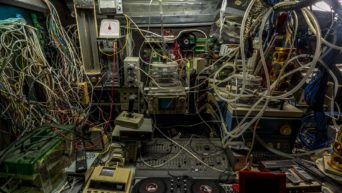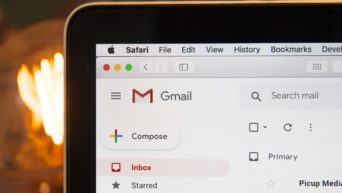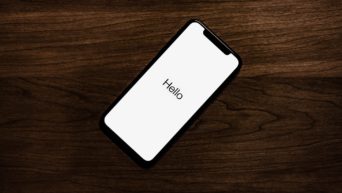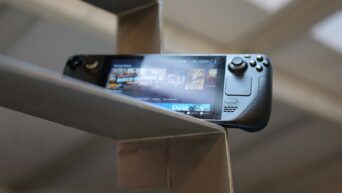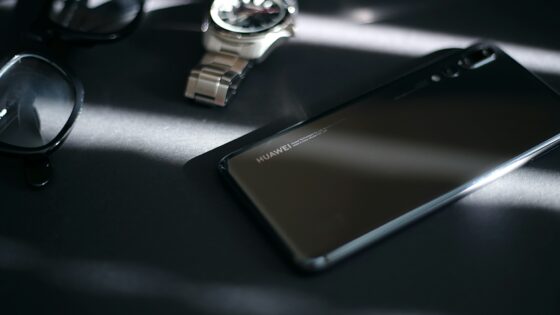
Credit: Unsplash
The next generation of public transport launched for the first time.
Speed often goes hand in hand with progress. We develop new technologies because we want to make things easier, more convenient, and indeed, faster. One sector that could certainly use some improvement is public transport. Local transit systems like busses and subways, while well-established in the US, aren’t exactly the pinnacle of speed.
This is why Virgin has been developing the Hyperloop, a high speed ground transit system designed to shoot passengers through a pressurized tube across long distances in a fraction of the time. Based on Virgin’s estimates, a journey from San Francisco to Los Angeles, which usually takes around an hour and a half by plane and six hours by car, would take about 40 minutes with Hyperloop. Virign has been developing this technology for the last six years, and over the weekend, their prototype pod, Pegasus, traveled for the first time.
Josh Giegel, Virgin Hyperloop’s Chief Technology Officer, and Sara Luchian, Director of Passenger Experience, took the very first prototype Hyperloop ride on a closed test track in Nevada. After strapping into the Pegasus pod, the intrepid adventurers were shot through the prototype track. While the prototype couldn’t reach the real deal’s desired 600 kilometers per hour, it still managed an impressive 100, shooting to the end of the 500 meter test track in just 15 seconds.
The first hyperloop passenger test: https://t.co/nFohRHsZVt pic.twitter.com/CI4Sq7sghY
— Virgin Hyperloop (@virginhyperloop) November 9, 2020
According to the passengers, aside from being a generally exhilarating experience, the ride was perfectly smooth. It will still take an understandably massive amount of work to get the pod up to the 600 they’d like, not to mention the task of laying tubes and tracks for the pod, but the Virgin researchers are convinced this an undertaking worth, er, undertaking.
“I think a long time from now, this moment, this thing in the desert that wouldn’t have existed unless we put it here, is going to be that spot where people can look and say, ‘that was a really big idea, it was a really risky idea,’” Giegel told The Verge, “‘but they came, they did it, and they made it successful.’”




